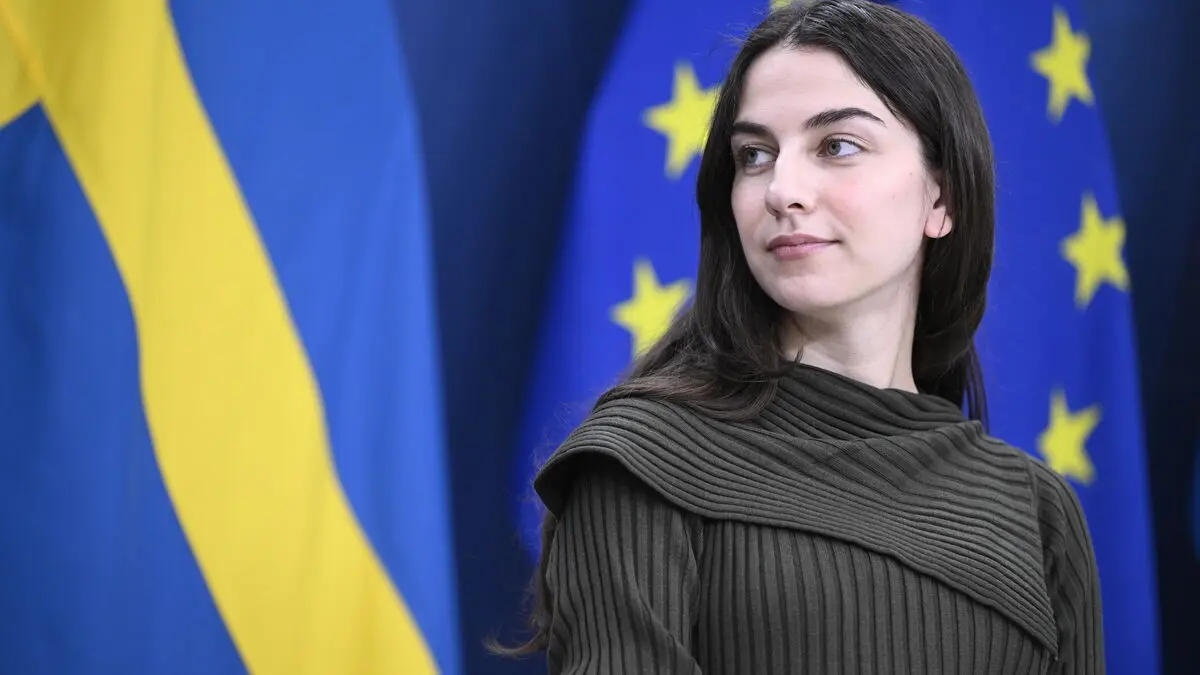"Malaria is as old as the Egyptian civilization itself, but now the disease that plagued the pharaohs is something that belongs to its past and not its future," says WHO's Secretary-General Tedros Adhanom Ghebreyesus in a statement.
WHO considers a country malaria-free if it demonstrates, beyond reasonable doubt, that indigenous cases of the disease have stopped for three consecutive years.
In the Eastern Mediterranean region, the United Arab Emirates and Morocco have also been declared malaria-free, according to WHO's criteria. Globally, this applies to 44 countries.
Malaria is spread through mosquitoes and can cause fever and headache, and in severe cases, life-threatening symptoms. Children, pregnant women, and HIV-positive individuals are considered special risk groups.
In 2022, malaria caused over 600,000 deaths worldwide, with 95 percent of them in Africa, according to WHO.






